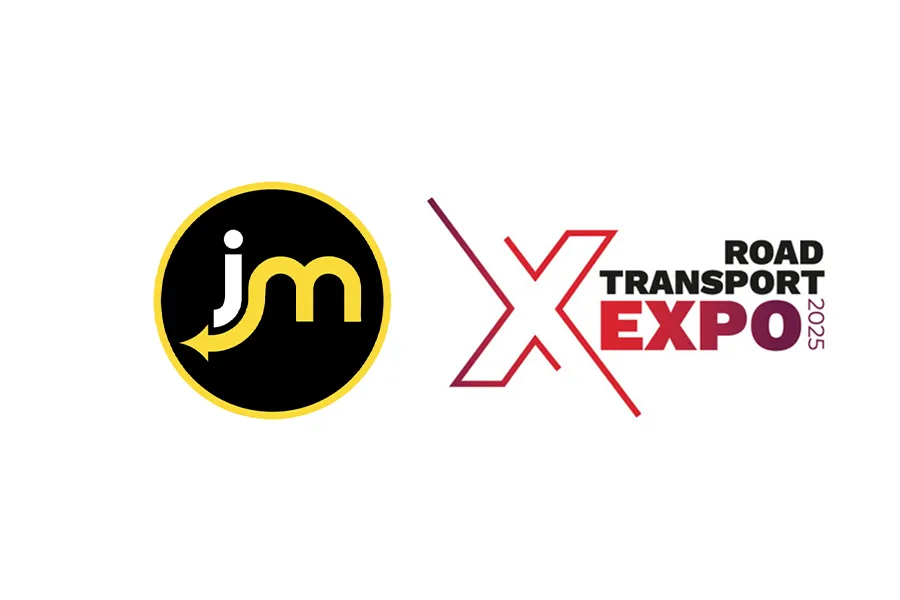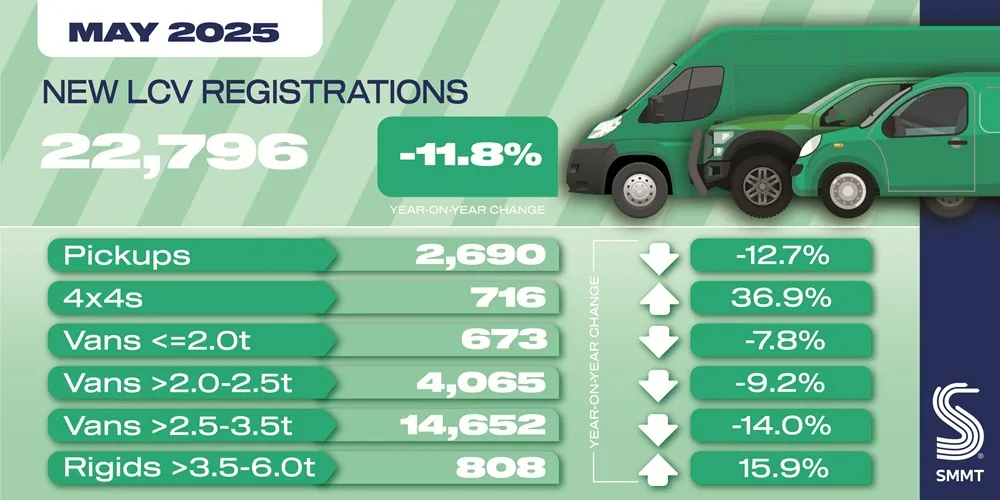After four months of the Covid-19 pandemic, transport companies still face a sharp decline in demand, billing and credit restrictions.
Transport Companies Still Facing Demand Decline
The transport sector recorded a drop in demand for the fourth consecutive month, according to the CNT (National Confederation of Transport) Transport Impact Survey – Covid-19, released 23rd July. 74.6% of carriers pointed out that there was a decrease in demand in June, with 57.2% evaluating this drop as significant. The survey also revealed that carriers are facing difficult accessing credit, which started at...
Transport Companies Still Facing Demand Decline
The transport sector recorded a drop in demand for the fourth consecutive month, according to the CNT (National Confederation of Transport) Transport Impact Survey – Covid-19, released 23rd July. 74.6% of carriers pointed out that there was a decrease in demand in June, with 57.2% evaluating this drop as significant. The survey also revealed that carriers are facing difficult accessing credit, which started at...








